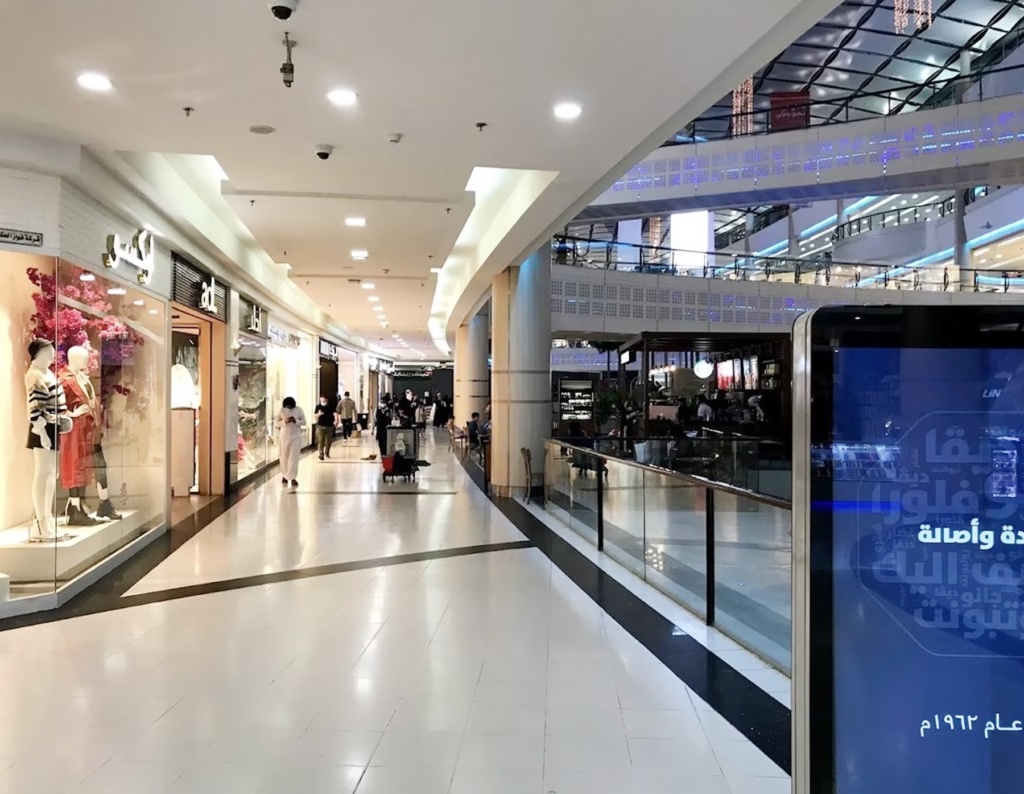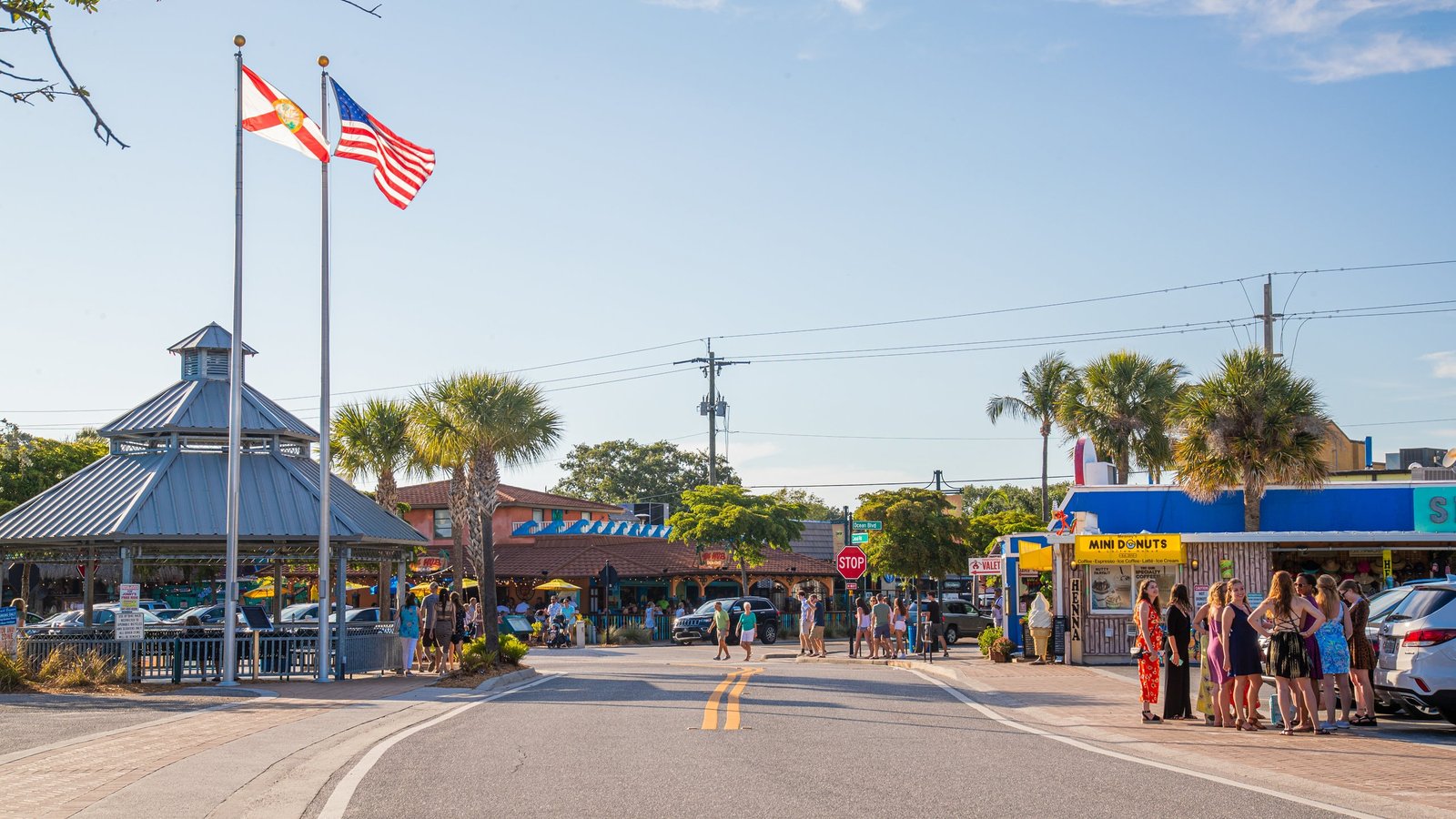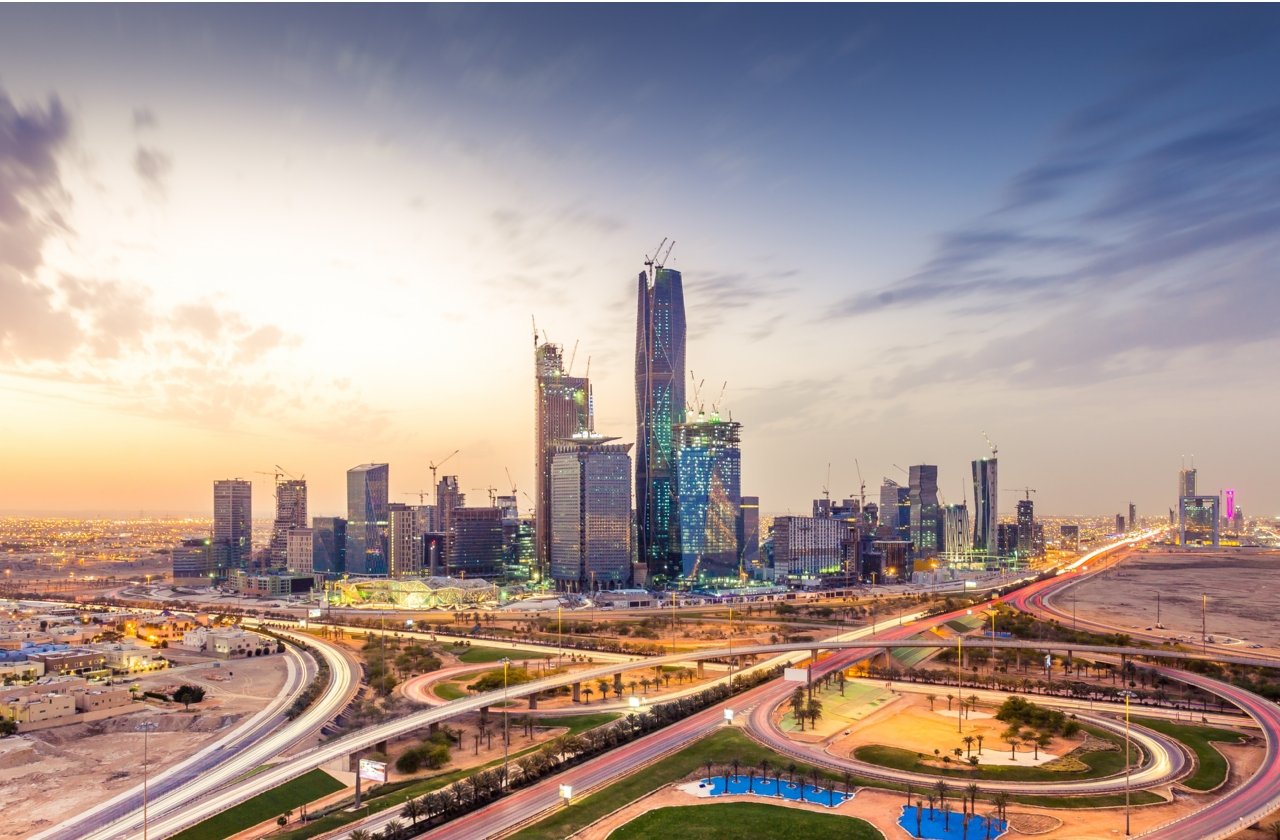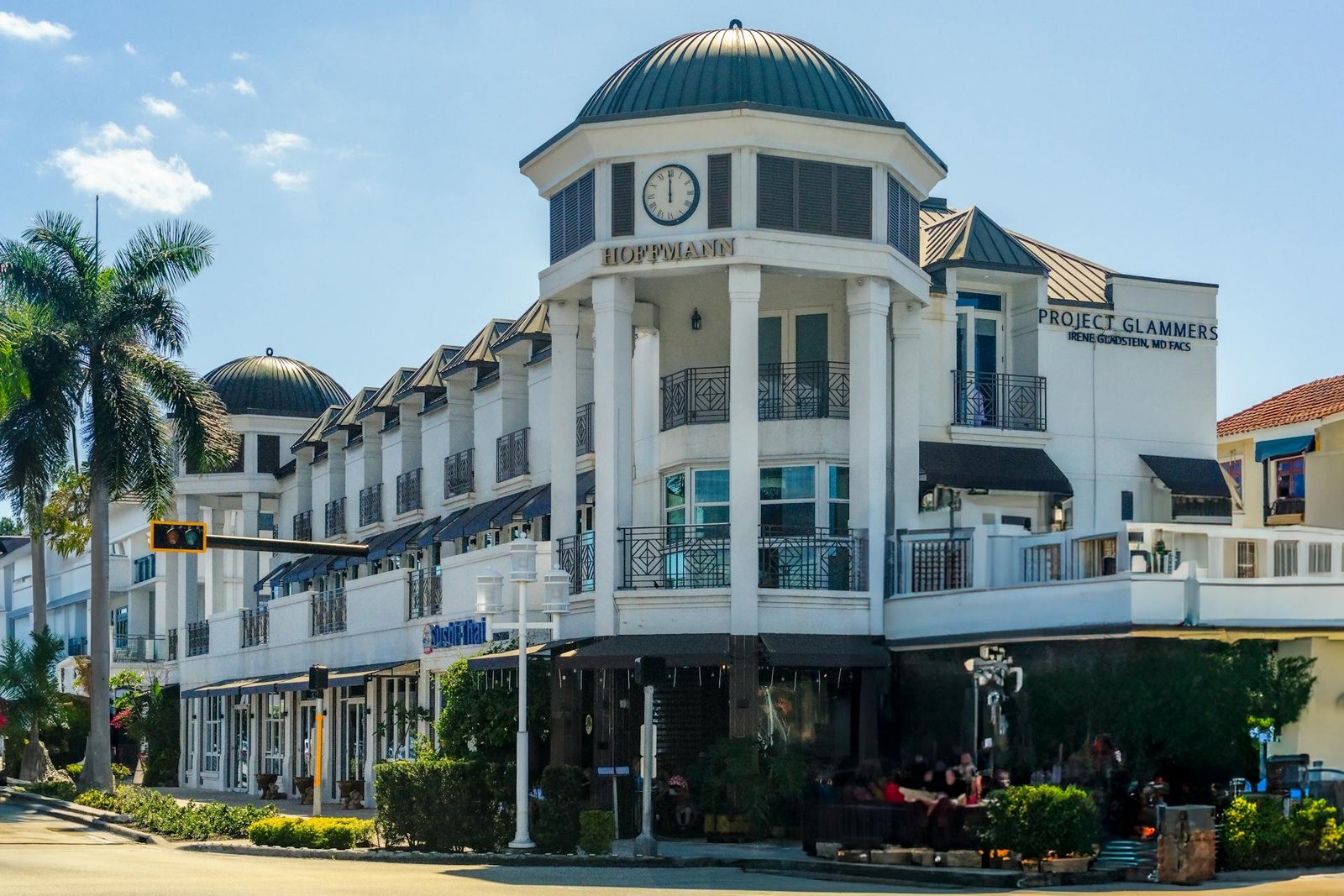When I first started exploring cheap shopping in Riyadh, I was pleasantly surprised to discover that this cosmopolitan capital offers incredible budget shopping opportunities alongside its famous luxury malls. The common misconception is that shopping in Riyadh means expensive gold souks and high-end boutiques, but the reality is far more diverse and accessible. Budget shopping in Riyadh can be just as rewarding—and often more authentic—than splurging at luxury retailers.
I’ve spent months discovering the best budget-friendly markets, mastering negotiation techniques in traditional souks, timing my visits to coincide with major sales, and learning where locals go for affordable, quality goods. What I’ve learned is that cheap shopping in Riyadh doesn’t mean compromising on quality or authenticity. In fact, some of my most treasured purchases and memorable shopping experiences have come from budget-friendly markets where I paid a fraction of what I would have spent in upscale malls.
This comprehensive guide to budget shopping in Riyadh will show you where to find the best deals, how to negotiate effectively, when to shop for maximum savings, and which strategies will help you stretch your shopping budget without sacrificing quality. Whether you’re a budget-conscious traveler, a savvy shopper, or simply someone who appreciates a good deal, this insider’s guide will help you navigate Riyadh’s affordable shopping scene like a local.
Why Budget Shopping in Riyadh is Worth Exploring
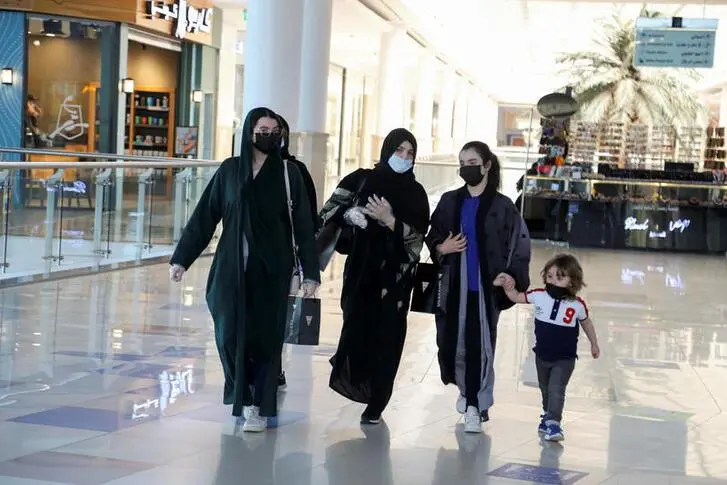
Budget shopping in Riyadh offers advantages that extend far beyond just saving money. When I ventured into the city’s affordable markets and discount stores, I discovered a more authentic side of Riyadh—the places where locals actually shop for their everyday needs.
Authenticity and Local Experience
The best cheap shopping in Riyadh happens in traditional markets and local neighborhoods where tourists rarely venture. These are the places where you’ll experience genuine Saudi commerce, interact with local merchants, and discover products that reflect authentic Saudi life rather than tourist-oriented souvenirs. Shopping in traditional souks in Riyadh provides this authentic experience while offering excellent value for money.
Quality Without the Premium
One of the biggest revelations about budget shopping in Riyadh is that affordable doesn’t mean inferior. Many budget markets sell the same products available in expensive malls, just without the markup for location, branding, and ambiance. I’ve bought spices, textiles, and handicrafts in budget markets that were identical to items I saw in upscale stores—at a fraction of the price.
Better Negotiation Opportunities
In budget-friendly traditional markets, negotiation is not just accepted—it’s expected and part of the shopping culture. This gives you control over your spending and the opportunity to secure genuine bargains. The more I practiced negotiating while cheap shopping in Riyadh, the better deals I secured, and the more enjoyable the shopping experience became.
Supporting Local Businesses
Budget shopping in Riyadh often means buying from small, family-owned businesses rather than international chains. Your purchases directly support local merchants and artisans, making your shopping more meaningful and economically beneficial to the community.
Best Budget-Friendly Markets for Cheap Shopping in Riyadh
Riyadh’s traditional markets and local shopping districts offer the best opportunities for budget shopping. These are the places where I’ve found the most affordable prices and the best deals.
Al Batha Market: The Budget Shopper’s Paradise
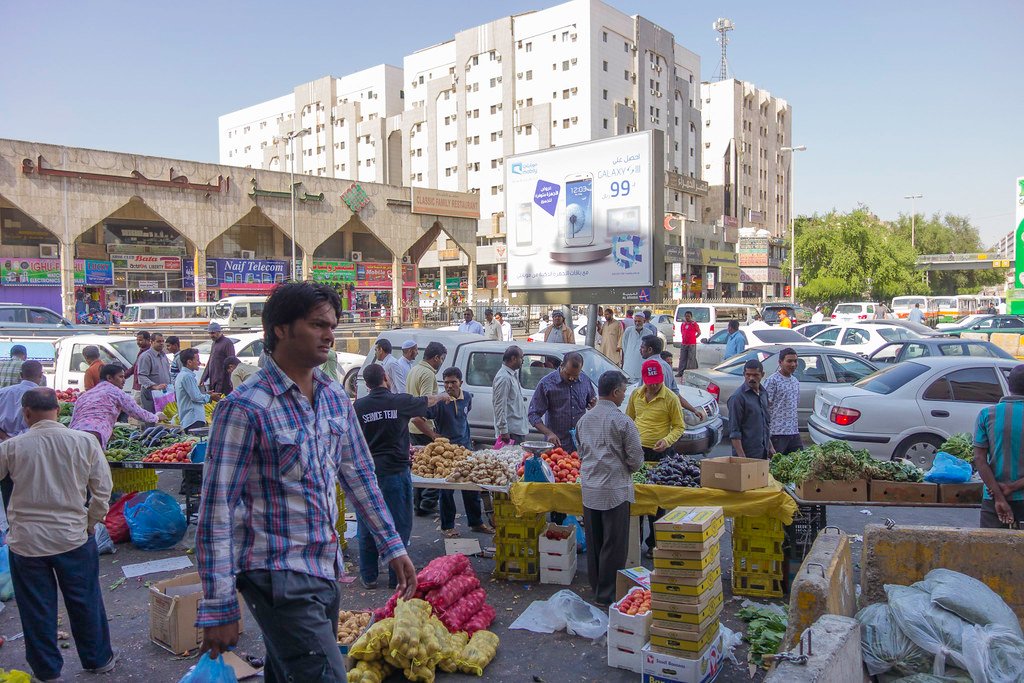
Al Batha Market is my absolute favorite destination for cheap shopping in Riyadh. This historic market is where locals go for affordable textiles, spices, household goods, and traditional products. Unlike more touristy markets, Al Batha maintains its authentic character and local pricing structure.
When I first visited Al Batha Market, I was overwhelmed by the sheer variety of goods available at incredibly affordable prices. The market is organized into different sections, each specializing in particular products. The textile section offers fabrics at prices that are a fraction of what you’d pay in malls. The spice section features aromatic spices in bulk at unbeatable prices. The household goods section has everything from kitchen utensils to decorative items at budget-friendly rates.
What makes Al Batha Market exceptional for budget shopping in Riyadh is the combination of low prices and negotiation opportunities. Merchants expect haggling, and with some basic negotiation skills, you can secure deals that are 30-40% below the initial asking price. I’ve bought beautiful embroidered textiles, aromatic spices, and traditional handicrafts at Al Batha Market for prices that seemed almost too good to be true.
Budget Shopping Tips for Al Batha Market:
- Visit during weekday mornings for less crowding and more relaxed merchants
- Bring cash—most vendors don’t accept cards
- Don’t be afraid to walk away if prices seem too high; merchants often call you back with better offers
- Buy in bulk for better per-unit prices, especially for spices and textiles
- Compare prices across multiple vendors before committing to a purchase
Al Zal Market: Affordable Spices, Perfumes, and Traditional Goods
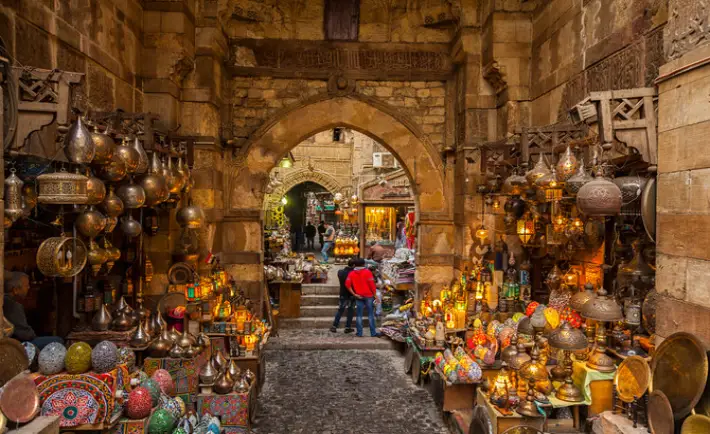
Al Zal Market is legendary for its spices and perfumes, and it’s also one of the best destinations for cheap shopping in Riyadh. While Al Zal is known for quality, the prices are remarkably affordable compared to retail stores and upscale perfume boutiques.
The spice section of Al Zal Market offers incredible value. I’ve bought premium saffron, cardamom, and exotic spice blends at prices that are 50-60% less than supermarket prices. The vendors are knowledgeable and happy to explain their products, and they’re generally willing to negotiate, especially for bulk purchases.
The perfume section offers both traditional Arabian perfumes and oud products at budget-friendly prices. While you’ll find expensive, premium oud oils, you’ll also find affordable options that offer excellent quality for the price. I’ve purchased bakhoor (scented incense) and perfume oils at Al Zal Market that have become my go-to gifts for friends and family—they’re authentic, aromatic, and remarkably affordable.
Budget Shopping Tips for Al Zal Market:
- Sample spices and perfumes before buying to ensure quality
- Ask about the origin of premium products like saffron and oud
- Negotiate prices, especially for larger quantities
- Bring your own containers for bulk spice purchases to save on packaging costs
- Visit early in the morning for the freshest stock
Deira Souq: Vast Selection at Competitive Prices
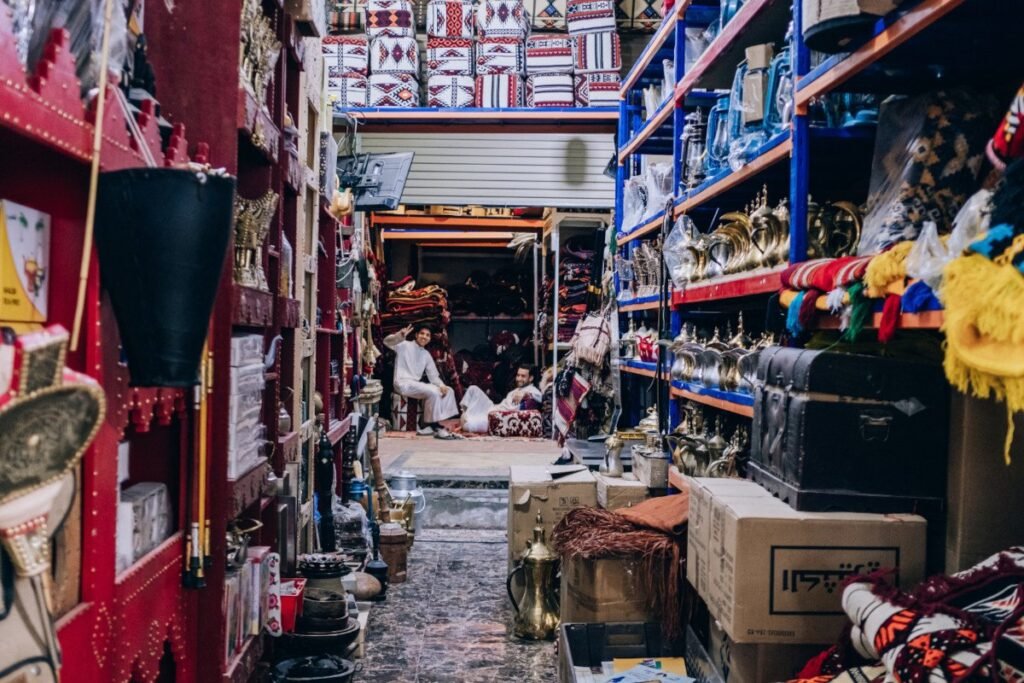
Deira Souq is one of Riyadh’s largest traditional markets, and its size creates competition that keeps prices affordable. This sprawling marketplace offers everything from textiles and clothing to household goods and electronics, making it an excellent destination for budget shopping in Riyadh.
What I appreciate most about Deira Souq for cheap shopping in Riyadh is the sheer variety. You can spend hours browsing different sections, comparing prices across vendors, and discovering unexpected bargains. The textile section is particularly impressive, with countless shops selling fabrics, ready-made clothing, and traditional garments at budget-friendly prices.
The clothing section offers both traditional Saudi garments (thobes, abayas) and contemporary fashion at prices significantly lower than mall retailers. I’ve bought high-quality thobes at Deira Souq for 30-40% less than I would have paid in upscale boutiques, with the same quality of fabric and stitching.
Budget Shopping Tips for Deira Souq:
- Allocate at least 2-3 hours to explore the market thoroughly
- Wear comfortable shoes—the market is large and involves considerable walking
- Compare prices across multiple vendors before purchasing
- Bundle purchases from the same vendor for better overall pricing
- Visit during weekdays to avoid weekend crowds
Souq Al-Batha: Historic Charm and Affordable Antiques
Souq Al-Batha is one of Riyadh’s most historic markets, and it’s an excellent destination for budget-conscious shoppers interested in antiques, vintage items, and traditional handicrafts. While not as large as Al Batha Market or Deira Souq, Souq Al-Batha offers unique items at reasonable prices.
I’ve found some of my most interesting and affordable purchases at Souq Al-Batha—vintage brass coffee pots, traditional textiles, antique decorative items, and handcrafted goods that tell stories of Saudi heritage. The market has a more relaxed atmosphere than busier souks, which makes browsing and negotiating more pleasant.
Budget Shopping Tips for Souq Al-Batha:
- Take time to examine antiques and vintage items carefully for authenticity and condition
- Ask shopkeepers about the history and origin of items—many have fascinating stories
- Negotiate patiently—shopkeepers in Souq Al-Batha appreciate respectful, unhurried negotiation
- Visit during morning hours for the most relaxed shopping experience
Bab Makkah Souq: Local Prices for Traditional Goods
Bab Makkah Souq is less touristy than some other traditional markets, which means prices tend to be more aligned with local expectations rather than tourist budgets. This makes it an excellent destination for cheap shopping in Riyadh.
The market specializes in traditional Saudi products—clothing, textiles, household goods, and souvenirs—at prices that reflect its primarily local customer base. I’ve found that merchants at Bab Makkah Souq are generally more willing to negotiate than in more tourist-oriented markets, and the starting prices are already reasonable.
Budget Shopping Tips for Bab Makkah Souq:
- Engage with shopkeepers in a friendly manner—building rapport leads to better prices
- Ask locals for recommendations on the best shops for specific items
- Visit during late afternoon when merchants are more relaxed and willing to negotiate
Discount Stores and Outlet Shopping in Riyadh
While traditional markets offer the most authentic budget shopping experience in Riyadh, the city also has modern discount stores and outlet centers that provide affordable shopping with the convenience of fixed prices and air conditioning.
Hypermarkets: One-Stop Budget Shopping
Major hypermarkets like Carrefour, Lulu Hypermarket, Panda, and Danube offer excellent value for a wide range of products. These stores are particularly good for:
Food and Groceries: Dates, spices, snacks, and Saudi food products at competitive prices. I regularly buy premium dates at hypermarkets for significantly less than specialty date shops charge.
Household Goods: Kitchen items, decorative pieces, and practical goods at fixed, reasonable prices.
Personal Care Products: Local brands of perfumes, soaps, and cosmetics at budget-friendly prices.
Seasonal Sales: Hypermarkets frequently run promotions and sales. Check our guide to Carrefour offers in Riyadh for information about current deals and promotions.
Budget Shopping Tips for Hypermarkets:
- Sign up for loyalty programs to receive notifications about sales and special offers
- Shop during promotional periods (weekends, holidays, seasonal sales)
- Buy store brands for significant savings on comparable quality
- Check the “clearance” or “special offers” sections for deep discounts
Factory Outlets and Discount Stores
Riyadh has several outlet stores and discount retailers that offer branded goods at reduced prices:
Clothing Outlets: Look for factory outlets of international brands that sell overstock, previous season items, and slightly imperfect goods at 30-70% discounts.
Electronics Discount Stores: Stores specializing in electronics often have sales sections with significant discounts on previous models and display items.
Home Goods Outlets: Discount stores for furniture, home décor, and household items offer quality products at budget-friendly prices.
Budget Shopping Tips for Outlets:
- Visit outlets during end-of-season sales for maximum discounts
- Inspect items carefully—some outlet goods may have minor imperfections
- Compare outlet prices with regular retail to ensure you’re getting genuine discounts
Budget-Friendly Shopping by Category
To help you maximize your budget shopping in Riyadh, here’s a category-by-category guide to finding the best deals on specific products.
Affordable Gold and Jewelry
While gold is often associated with luxury, you can find affordable gold jewelry options when shopping in Riyadh if you know where to look and how to shop strategically.
Where to Find Affordable Gold:
- The Gold Souk in Al Batha offers competitive prices due to high competition among vendors
- Look for simpler designs with less intricate craftsmanship to reduce the craftsmanship fee
- Consider 18K gold instead of 21K or 22K for lower prices
- Shop during periods when international gold prices are lower
Money-Saving Strategies:
- Negotiate the craftsmanship fee—this is where you have the most flexibility
- Buy during off-peak times when merchants are more willing to negotiate
- Consider buying gold by weight rather than finished jewelry for the best value
- Compare prices across multiple shops before purchasing
Budget-Friendly Perfumes and Oud
Oud and Arabian perfumes can be expensive, but there are affordable options for budget-conscious shoppers:
Affordable Perfume Options:
- Bakhoor: Scented incense is much more affordable than oud oil and offers an authentic Arabian fragrance experience
- Perfume Oils: Concentrated perfume oils are more affordable than pure oud and offer excellent value
- Blended Perfumes: Oud-based perfumes blended with other fragrances are more affordable than pure oud
- Local Brands: Saudi perfume brands offer quality fragrances at lower prices than international luxury brands
Where to Find Budget Perfumes:
- Al Zal Market and Al Maigliah Souk for traditional perfumes at negotiable prices
- Hypermarkets for affordable local perfume brands
- Discount perfume shops in local shopping districts
Money-Saving Tips:
- Buy bakhoor in bulk for significant per-unit savings
- Sample extensively before buying to ensure you’re getting quality
- Negotiate prices in traditional souks
- Consider smaller quantities—concentrated perfumes last a long time
Cheap Shopping for Dates and Food Products
Dates and Saudi food products offer excellent value, especially when you know where to shop:
Best Budget Options:
- Buy dates in bulk from traditional markets like Al Batha and Deira Souq
- Choose less expensive date varieties like Khudri for everyday eating
- Shop at hypermarkets during promotional periods
- Buy directly from date vendors in traditional markets rather than specialty boutiques
Money-Saving Strategies:
- Negotiate prices for bulk purchases in traditional markets
- Compare prices across different vendors
- Buy unpackaged dates for significant savings over pre-packaged varieties
- Shop at local supermarkets rather than tourist-oriented specialty stores
Budget Textiles and Clothing
Textiles and traditional clothing offer some of the best budget shopping opportunities in Riyadh:
Where to Find Affordable Textiles:
- Al Batha Market’s textile section for fabrics and ready-made clothing
- Deira Souq for traditional garments (thobes, abayas) at competitive prices
- Local tailors in traditional souks for custom-made clothing at reasonable prices
Money-Saving Tips:
- Buy fabric and have garments custom-made rather than buying ready-made designer pieces
- Negotiate prices, especially for bulk purchases
- Look for end-of-season sales on traditional clothing
- Compare prices across multiple vendors before purchasing
Affordable Spices and Handicrafts
Spices and traditional handicrafts offer exceptional value when you shop in the right places:
Best Budget Options:
- Al Zal Market for spices at wholesale prices
- Al Batha Market for handicrafts and traditional items
- Local craft shops in traditional souks for authentic handicrafts at reasonable prices
Money-Saving Strategies:
- Buy spices in bulk and bring your own containers
- Negotiate prices for handicrafts in traditional markets
- Look for simpler, functional items rather than elaborate decorative pieces
- Shop where locals shop rather than in tourist-oriented stores
Master the Art of Negotiation: Essential Skills for Cheap Shopping in Riyadh
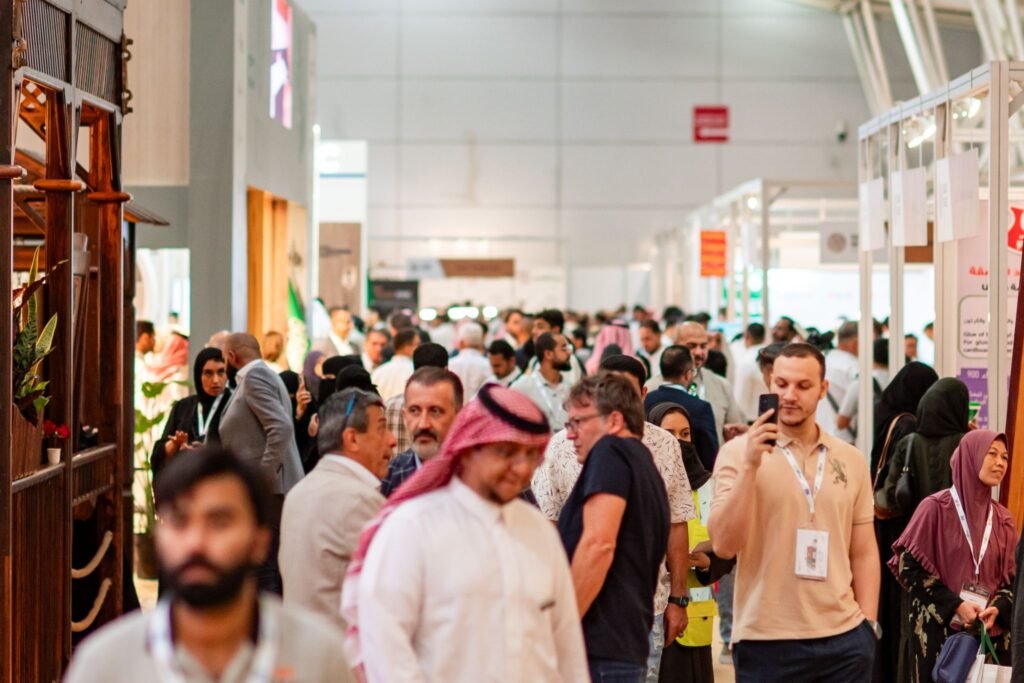
Negotiation is the single most important skill for successful budget shopping in Riyadh’s traditional markets. When I first started haggling in Riyadh’s souks, I was uncomfortable and uncertain. Now, negotiation is one of my favorite aspects of shopping in Riyadh—it’s a social interaction, a skill, and a way to ensure fair prices.
Understanding the Negotiation Culture
Negotiation in Riyadh’s traditional markets isn’t confrontational or disrespectful—it’s a respected tradition and an expected part of commerce. Merchants price their goods with the expectation that customers will negotiate. Not negotiating often means paying significantly more than necessary.
The Negotiation Process: Step by Step
Step 1: Show Interest Without Commitment Browse casually and show interest in items without appearing too eager. Merchants are skilled at reading customer interest, and showing too much enthusiasm can weaken your negotiating position.
Step 2: Ask the Price Once you’ve identified an item you’re interested in, ask the price. The merchant will quote a price that’s typically 30-50% higher than what they’re willing to accept.
Step 3: Make Your Counter-Offer Respond with an offer that’s 30-40% below the asking price. This isn’t insulting—it’s the expected starting point for negotiation. For example, if a merchant quotes 100 SAR, offer 60-70 SAR.
Step 4: Negotiate Back and Forth The merchant will counter with a lower price, and you’ll respond with a slightly higher offer. This back-and-forth continues until you reach a mutually agreeable price, typically somewhere between your initial offer and the merchant’s first counter-offer.
Step 5: Be Willing to Walk Away If you can’t reach an acceptable price, politely thank the merchant and start to walk away. Often, the merchant will call you back with a better offer. If not, you can always return later or find the item elsewhere.
Step 6: Seal the Deal Once you’ve agreed on a price, complete the transaction promptly. Don’t continue negotiating after agreeing on a price—this is considered disrespectful.
Advanced Negotiation Strategies
Bundle Purchases: If you’re buying multiple items from the same vendor, negotiate a package price for all items together. Merchants are often willing to offer better per-item prices for larger purchases.
Build Rapport: Engage in friendly conversation with merchants. Accept offered tea or coffee. Building a personal connection often leads to better prices and a more enjoyable shopping experience.
Shop During Quiet Times: Merchants are more willing to negotiate when business is slow. Weekday mornings are typically quieter than evenings and weekends.
Pay in Cash: Merchants prefer cash and are more willing to negotiate on cash purchases than card transactions.
Learn Basic Arabic Phrases: Even basic Arabic greetings and phrases show respect and often lead to better treatment and prices.
Compare Prices First: Visit multiple shops and ask prices before negotiating seriously. This gives you a sense of fair market prices and strengthens your negotiating position.
Don’t Show All Your Money: Keep your money discreetly stored. Showing large amounts of cash can weaken your negotiating position.
What Not to Do When Negotiating
Don’t Be Disrespectful: Maintain a friendly, respectful tone throughout negotiations. Insults or aggressive behavior will end negotiations quickly.
Don’t Haggle Over Trivial Amounts: Once you’re close to an agreeable price, don’t quibble over small differences (5-10 SAR). This is considered petty and disrespectful.
Don’t Insult the Merchandise: Criticizing the quality of goods to justify lower prices is considered disrespectful to the merchant.
Don’t Negotiate for Items with Fixed Prices: Some items, particularly in more modern or tourist-oriented shops, have fixed prices. Respect this.
Don’t Continue Shopping After Agreeing on a Price: Once you’ve agreed on a price, complete the purchase. Continuing to browse or changing your mind is considered disrespectful.
Timing Your Budget Shopping: When to Find the Best Deals
Strategic timing can significantly impact your budget shopping success in Riyadh. Understanding when to shop can help you find the best deals and save substantial money.
Seasonal Sales and Shopping Festivals
Riyadh hosts several major shopping festivals and seasonal sales throughout the year. These events offer significant discounts across malls, hypermarkets, and even some traditional markets. Check our comprehensive guide to seasonal sales and shopping festivals in Riyadh for detailed information about upcoming events.
Major Shopping Periods:
Riyadh Season (October-March): This major cultural and entertainment festival includes shopping promotions and special offers throughout the city.
National Day Sales (September 23): Saudi National Day brings significant sales and promotions across malls and retailers.
Eid Sales: Both Eid al-Fitr and Eid al-Adha are preceded by major sales as retailers clear inventory and offer special promotions.
Ramadan Shopping: While some prices increase during Ramadan due to higher demand, many retailers offer special promotions and evening shopping hours.
End-of-Season Sales: Summer (August-September) and winter (February-March) clearance sales offer deep discounts on clothing and seasonal items.
Best Days and Times for Budget Shopping
Weekday Mornings: Traditional markets are less crowded during weekday mornings, and merchants are more relaxed and willing to negotiate.
Late Evening: Some merchants become more willing to negotiate late in the evening as they prepare to close, especially if they haven’t had many sales that day.
Avoid Weekends: Traditional markets are most crowded on weekends, which means less personal attention and less willingness to negotiate.
Shop After Prayer Times: Immediately after prayer times, merchants are back at their shops but business hasn’t yet picked up, creating good conditions for negotiation.
Monthly and Annual Patterns
End of Month: Some merchants are more willing to negotiate at the end of the month as they try to meet sales targets.
Off-Peak Tourist Seasons: During periods with fewer tourists, merchants in traditional markets may be more willing to negotiate to maintain sales volume.
After Major Holidays: The period immediately following major holidays often sees reduced prices as merchants clear holiday inventory.
Money-Saving Tips for Budget Shopping in Riyadh
Beyond knowing where and when to shop, these practical strategies will help you maximize your budget shopping success in Riyadh.
Before You Shop
Set a Budget: Determine how much you’re willing to spend before shopping. This helps you avoid impulse purchases and stay focused on good deals.
Research Prices: Check prices online or in malls before shopping in traditional markets. This gives you a baseline for negotiation.
Make a List: Know what you want to buy before entering markets. This helps you stay focused and avoid unnecessary purchases.
Bring Cash: Many budget shopping destinations don’t accept cards, and cash gives you more negotiating power.
Wear Comfortable Clothing: Budget shopping often involves considerable walking and time in non-air-conditioned environments. Dress comfortably and modestly.
While Shopping
Compare Prices: Visit multiple vendors before making purchases. This helps you identify fair prices and strengthens your negotiating position.
Buy in Bulk: Purchasing larger quantities often results in better per-unit prices, especially for spices, textiles, and food products.
Look for Imperfections: Items with minor imperfections are often sold at significant discounts. If the imperfection doesn’t affect functionality or isn’t visible, this is an excellent way to save money.
Shop with Locals: If you have Saudi friends or colleagues, ask them to accompany you. Locals often get better prices and can help with negotiation.
Use Translation Apps: If you don’t speak Arabic, translation apps can help you communicate with merchants and understand prices.
Take Breaks: Budget shopping can be exhausting. Take regular breaks to avoid fatigue-induced poor decisions.
After Shopping
Keep Receipts: Save receipts for all purchases, especially valuable items. This helps with customs declarations and provides proof of purchase if issues arise.
Inspect Purchases: Once you’re back at your accommodation, carefully inspect purchases to ensure quality and completeness.
Store Properly: Properly store purchases, especially fragile items like pottery and glass perfume bottles, to prevent damage during travel.
Budget-Friendly Alternatives to Expensive Shopping
For every expensive shopping option in Riyadh, there’s usually a budget-friendly alternative that offers comparable quality at a fraction of the price.
Instead of Luxury Mall Perfume Boutiques…
Shop at Al Zal Market or Al Maigliah Souk for traditional perfumes and oud products at negotiable prices. Buy bakhoor instead of expensive oud oil for an authentic Arabian fragrance experience at a fraction of the cost.
Instead of Upscale Date Boutiques…
Buy dates in bulk from traditional markets or hypermarkets. Choose less expensive varieties like Khudri for everyday eating, saving premium varieties like Ajwa for special occasions or gifts.
Instead of Designer Jewelry Stores…
Shop at the Gold Souk in Al Batha for competitive gold prices. Choose simpler designs to reduce craftsmanship fees, or buy gold by weight and have custom pieces made by local artisans.
Instead of High-End Fashion Boutiques…
Buy fabric from Al Batha Market and have clothing custom-made by local tailors. Shop at Deira Souq for traditional garments at local prices.
Instead of Tourist-Oriented Souvenir Shops…
Shop at Al Batha Market and Souq Al-Batha for authentic handicrafts at reasonable prices. Buy directly from artisans when possible to avoid middleman markups.
Instead of Specialty Spice Shops…
Buy spices in bulk from Al Zal Market or Deira Souq. Bring your own containers to save on packaging costs.
Budget Shopping Itinerary: A Day of Affordable Shopping in Riyadh
To help you maximize your budget shopping experience, here’s a suggested one-day itinerary that covers the best cheap shopping destinations in Riyadh:
Morning (8:00 AM – 12:00 PM): Traditional Market Shopping
Start your day at Al Batha Market. Arrive early (around 8:00 AM) to beat the crowds and find merchants in a relaxed, negotiation-friendly mood. Spend 2-3 hours exploring the textile, spice, and handicraft sections. Buy fabrics, spices, and traditional items at negotiated prices.
Next, head to Al Zal Market (about 10-15 minutes from Al Batha). Focus on the spice and perfume sections. Buy bulk spices, bakhoor, and affordable perfume oils. Take time to sample products and negotiate prices.
Midday (12:00 PM – 2:00 PM): Break and Lunch
Take a break during the midday heat and prayer times. Many shops close during this period anyway. Enjoy an affordable lunch at a local restaurant or café. This is a good time to rest, organize your purchases, and plan your afternoon shopping.
Afternoon (2:00 PM – 5:00 PM): Continue Market Shopping
Visit Deira Souq in the afternoon. Explore the textile and clothing sections. If you’re interested in traditional garments, this is an excellent place to find thobes and abayas at competitive prices. Continue practicing your negotiation skills and comparing prices across vendors.
Late Afternoon (5:00 PM – 7:00 PM): Hypermarket Shopping
End your day at a major hypermarket like Carrefour or Lulu. Buy dates, packaged food products, and any remaining items on your list at fixed, reasonable prices. Check for promotional items and special offers.
Evening: Review and Organize
Return to your accommodation and review your purchases. Organize items, store fragile goods carefully, and keep all receipts together. Calculate your total spending and compare it to your budget.
This itinerary combines the authentic experience of traditional markets with the convenience of modern hypermarkets, giving you the best of both worlds for budget shopping in Riyadh.
Frequently Asked Questions About Budget Shopping in Riyadh
Q: Is it really possible to find good deals in Riyadh, given its reputation as an expensive city?
A: Absolutely! While Riyadh has expensive luxury shopping options, it also offers excellent budget shopping opportunities. Traditional markets like Al Batha, Al Zal, and Deira Souq offer authentic products at very affordable prices. The key is knowing where to shop and how to negotiate effectively.
Q: How much can I save by shopping in traditional markets instead of malls?
A: Savings vary by product category, but you can typically save 30-60% by shopping in traditional markets rather than upscale malls. For items like spices, textiles, and handicrafts, savings can be even more significant. Gold prices are more standardized, but you can still save on craftsmanship fees through negotiation.
Q: Is negotiation really expected in Riyadh’s traditional markets?
A: Yes, negotiation is expected and normal in traditional souks. Merchants price their goods with the expectation that customers will haggle. Not negotiating often means paying significantly more than necessary. Start with an offer 30-40% below the asking price and work toward a mutually agreeable figure.
Q: What’s the best time to shop for budget deals in Riyadh?
A: Weekday mornings offer the best conditions for budget shopping—less crowding and more relaxed merchants. Major sales occur during Riyadh Season, National Day, Eid holidays, and end-of-season clearance periods.
Q: Are hypermarkets like Carrefour and Lulu good for budget shopping?
A: Yes, hypermarkets offer excellent value for many products, especially dates, packaged foods, and household goods. They have fixed prices (no negotiation needed) and frequently run promotions. Sign up for loyalty programs to receive notifications about sales and special offers. Check Carrefour offers in Riyadh for current deals.
Q: Can I find quality products when budget shopping in Riyadh?
A: Definitely! Budget shopping doesn’t mean compromising on quality. Many traditional markets sell the same products available in expensive malls, just without the markup. The key is knowing how to verify quality—examine items carefully, ask about origins and materials, and buy from reputable vendors.
Q: What should I bring for a day of budget shopping in traditional markets?
A: Bring sufficient cash (many vendors don’t accept cards), comfortable walking shoes, modest clothing, a small bag for purchases, water, and a translation app if you don’t speak Arabic. Also bring your own containers if you plan to buy bulk spices.
Q: Is it safe to carry cash when budget shopping in Riyadh?
A: Riyadh is generally very safe, and carrying cash for shopping is normal. However, use common sense—don’t display large amounts of cash openly, keep money securely stored, and be aware of your surroundings in crowded markets.
Q: How do I know if I’m getting a fair price when negotiating?
A: Visit multiple vendors and ask prices before negotiating seriously. This gives you a sense of fair market prices. Also, check prices in malls or online before shopping in traditional markets to establish a baseline. If a deal seems too good to be true, it probably is—verify quality carefully.
Q: Can I combine budget shopping with visiting other Riyadh attractions?
A: Absolutely! Many budget shopping destinations are near historic sites and cultural attractions. Al Batha Market is close to the historic Al Batha area, and you can combine souk shopping with visits to nearby museums and heritage sites. For a comprehensive overview of all shopping options, check our main shopping in Riyadh guide.
Conclusion: Smart Shopping in Riyadh on Any Budget
Budget shopping in Riyadh has taught me that the best shopping experiences aren’t always the most expensive ones. Some of my most treasured purchases and memorable shopping moments have come from traditional markets where I paid a fraction of what I would have spent in luxury malls. The aromatic spices I bought in bulk at Al Zal Market, the beautiful embroidered textiles I negotiated for at Al Batha Market, and the authentic bakhoor I discovered at a small shop in Deira Souq—these affordable finds have brought me more joy than many expensive purchases.
Cheap shopping in Riyadh isn’t about being cheap—it’s about being smart, strategic, and willing to explore beyond the obvious tourist destinations. It’s about learning to negotiate respectfully, understanding where locals shop, timing your visits to coincide with sales and quiet periods, and appreciating the authentic experiences that come with budget-friendly shopping.
Whether you’re a budget-conscious traveler, a savvy shopper who loves a good deal, or simply someone who wants to experience authentic Saudi commerce, budget shopping in Riyadh offers incredible opportunities. The traditional markets where I’ve found the best deals are also the places where I’ve had the most genuine interactions with local merchants, learned about Saudi culture and traditions, and discovered products that reflect authentic Saudi life.
Remember that successful budget shopping in Riyadh requires patience, willingness to negotiate, and openness to exploring less touristy areas. Take time to wander through traditional markets, chat with merchants, sample products, and embrace the haggling process. The money you save is just one benefit—the authentic experiences and cultural insights you gain are equally valuable.
For more information about shopping in Riyadh, including guides to specific markets, luxury shopping options, and seasonal sales, explore our comprehensive shopping in Riyadh guide. Whether you’re shopping on a budget or splurging on luxury items, Riyadh offers shopping experiences that cater to every preference and price point. Happy budget shopping!


